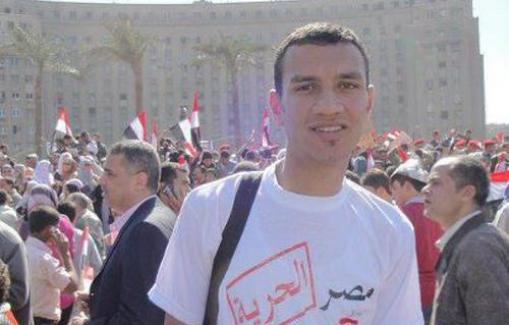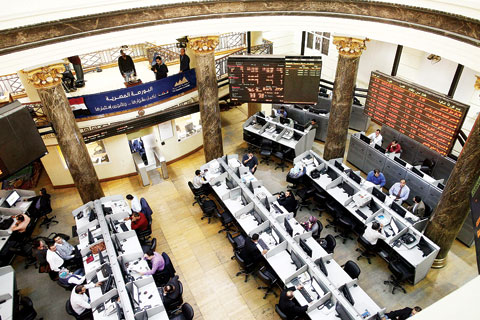
Al-Galaa Military Court in Ismailia will hear the cases of three civilians.
Sinai-based activist and freelance photojournalist Mohamed Sabry is standing trial for “entering a prohibited military zone and filming a military facility” following his arrest last Friday.
Sabry was arrested near the border city of Rafah. He was reporting on the soldiers killed on the border in August. The military prosecution immediately referred him to a military misdemeanour court.
Sabry is also a member of the No to Military Trials for Civilians movement.
The court is also trying Nada Fathy Nada and his son Youssef on charges of assaulting armed forces personnel.
Nada, who is blind and works as an Imam at an Ismailia mosque, bought a piece of land in the 10th of Ramadan area in 2008 that was adjacent to, although not part of, a military base.
Military forces attacked the land in June of the same year and took iron, cement and other building materials. Nada filed a complaint which was transferred to the military prosecution and ignored, said a report by the No to Military Trials for Civilians movement.
Despite Nada having building permits and many court orders in his favour, the attacks became frequent and the military would tear down his house each time.
On 25 September 2012 the military attacked Nada’s house again and destroyed the last remaining room in which his family lives. According to the report, during this attack the military shot at Nada’s family using live ammunition and dragged the man through the streets while beating him.
His son Youssef tried to interfere but was beaten, had his arm broken, and was arrested. The report alleges Military police personnel, led by Captain Ahmed Hindawy, tortured Youssef Nada at the headquarters of the army’s Infantry Division 16.
Youssef has since been in prison and received no treatment. The case was transferred to a military criminal court and the first session was on 18 December 2012. The trial was postponed twice and picks up again today.
Over 12,000 civilians have faced military trials since the 25 January 2011 uprising.
The practice declined following the inauguration of President Mohamed Morsy, the first Egyptian civilian president, and the dismissal of top members in the Supreme Council of the Armed Forces that ruled during the transitional period.
However, at least 38 civilians have faced military trials in five different cases since November 2012.
Article 198 of the new constitution allows for military trials for civilians in special circumstances “as regulated by the law.”



